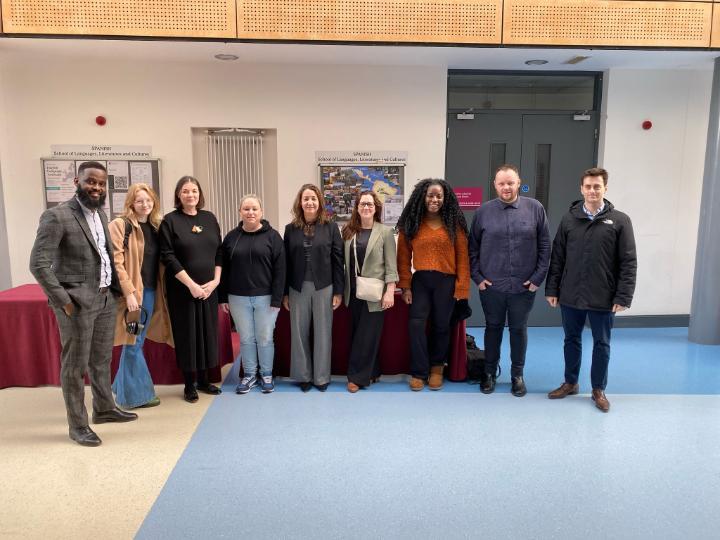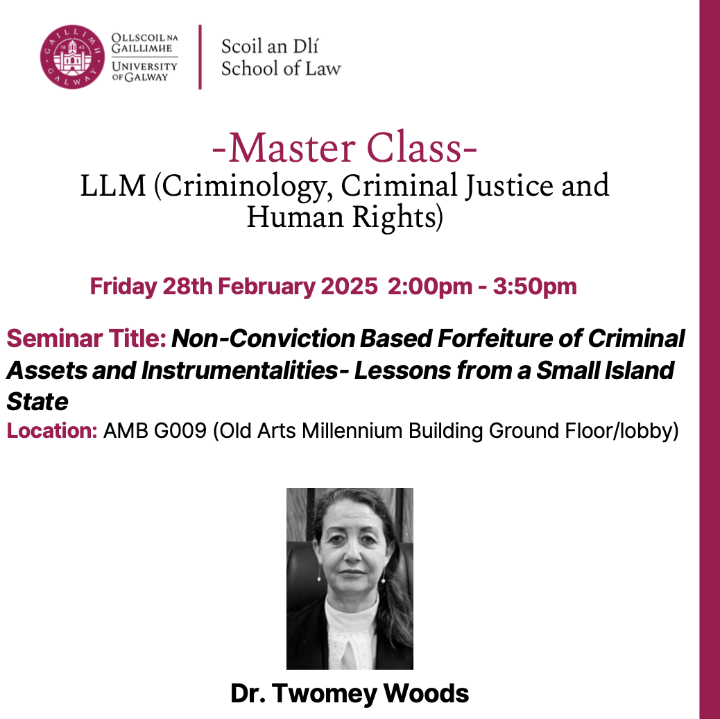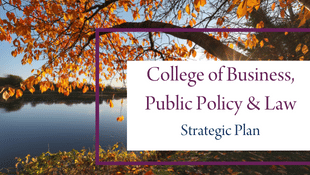-
Courses

Courses
Choosing a course is one of the most important decisions you'll ever make! View our courses and see what our students and lecturers have to say about the courses you are interested in at the links below.
-
University Life

University Life
Each year more than 4,000 choose University of Galway as their University of choice. Find out what life at University of Galway is all about here.
-
About University of Galway

About University of Galway
Since 1845, University of Galway has been sharing the highest quality teaching and research with Ireland and the world. Find out what makes our University so special – from our distinguished history to the latest news and campus developments.
-
Colleges & Schools

Colleges & Schools
University of Galway has earned international recognition as a research-led university with a commitment to top quality teaching across a range of key areas of expertise.
-
Research & Innovation

Research & Innovation
University of Galway’s vibrant research community take on some of the most pressing challenges of our times.
-
Business & Industry

Guiding Breakthrough Research at University of Galway
We explore and facilitate commercial opportunities for the research community at University of Galway, as well as facilitating industry partnership.
-
Alumni & Friends

Alumni & Friends
There are 128,000 University of Galway alumni worldwide. Stay connected to your alumni community! Join our social networks and update your details online.
-
Community Engagement

Community Engagement
At University of Galway, we believe that the best learning takes place when you apply what you learn in a real world context. That's why many of our courses include work placements or community projects.
Tab 1 Content
Judge Twomey-Woods Delivers LLM Seminar on Non-Conviction Based Forfeiture of Criminal Assets and Instrumentalities
The Crime, Punishment, and Rights Research Cluster recently hosted a masterclass by the Justice Dr. Mathilda Twomey-Woods, Justice of Appeal in Seychelles. The seminar, titled Non-Conviction Based Forfeiture of Criminal Assets and Instrumentalities: Lessons from a Small Island State, took place on the 28th of February 2025 and was attended by LLM in Criminology, Criminal Justice, and Human Rights students and PhD researchers.
Dr. Twomey-Woods provided an in-depth analysis of the evolving legal landscape governing asset forfeiture, with a particular focus on the challenges and implications of non-conviction-based confiscation (NCBF). Drawing on Seychelles’ experience, she highlighted the vulnerabilities of small island states in tackling financial crimes, particularly money laundering and terrorism financing, due to their status as international financial hubs.
The session explored the legal frameworks underpinning both conviction-based and non-conviction-based forfeiture. Dr. Twomey-Woods discussed Seychelles’ Proceeds of Crime (Civil Confiscation) Act 2008, which was a significant step towards modernising asset recovery laws. She also examined the influence of Ireland’s Proceeds of Crime Act 1996, introduced in response to the murder of journalist Veronica Guerin, and how the Seychellois legislation adopted the Irish model.
Students engaged in discussions on the role of belief evidence in securing forfeiture orders, the balance of probabilities versus reasonable belief standards, and constitutional challenges faced by anti-money laundering regimes. Cases such as Hans Hackl v Financial Intelligence Unit and Financial Intelligence Unit v Sentry Global Securities Ltd were analysed to illustrate legal complexities and the evolving nature of judicial interpretation in asset confiscation cases. The discussion underscored the critical role of judicial training and law reform in ensuring fair and effective asset recovery measures.
We are pleased to announce that Justice Dr. Twomey-Woods has agreed to renew her adjunct professorship for another five years and join the Crime, Punishment and Rights Research Cluster.
Pictured: The Justice Dr. Mathilda Twomey-Woods with Dr. Charles O’Mahony, Dr. Roisin Mulgrew, Dr. Rory Kelly, and students from the LLM in Criminology, Criminal Justice, and Human Rights programme and PhD researchers from the School of Law.


















